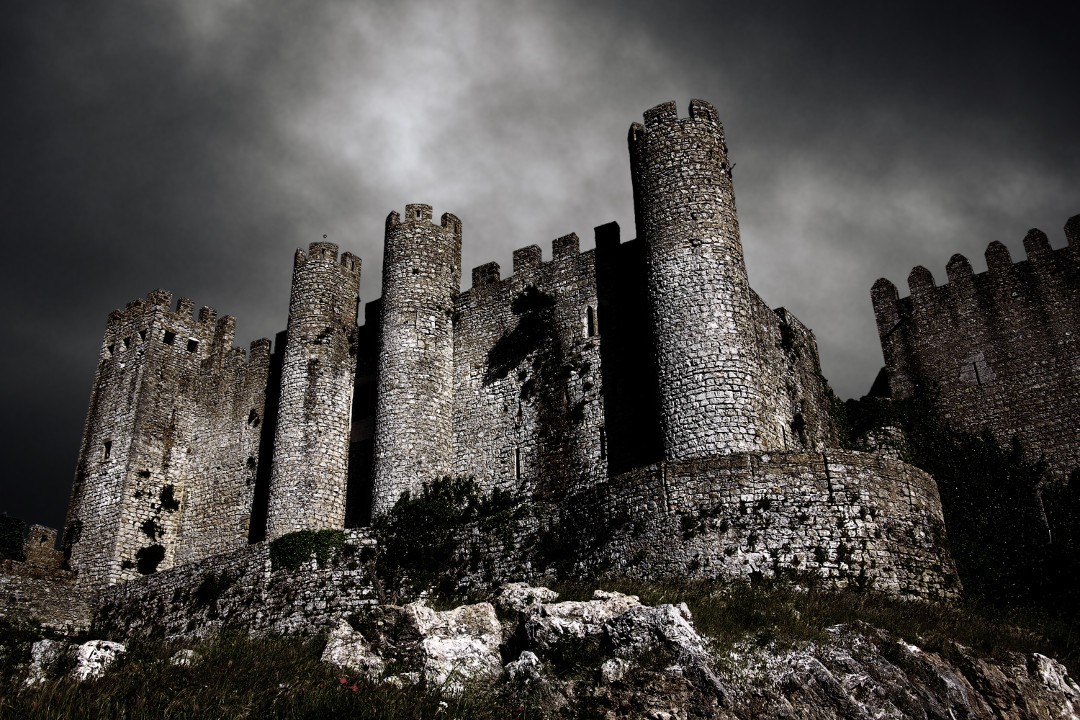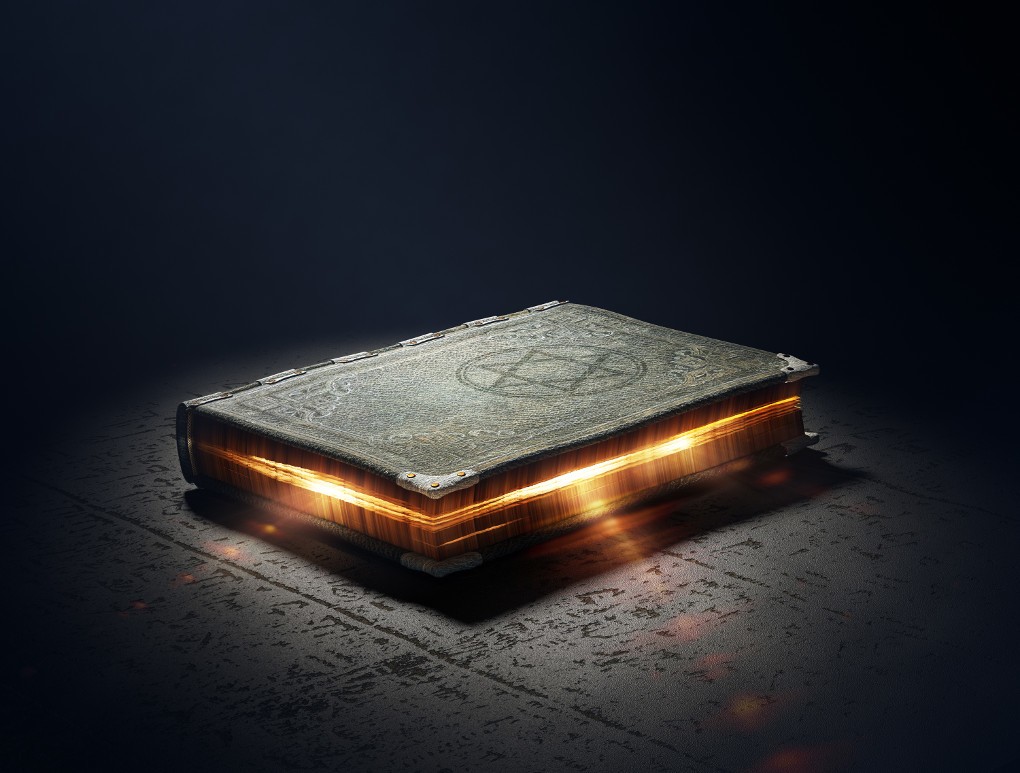The Last Heir

Tien walked along a grassy plain, bathed in moonlight. In the distance stood a ruined castle, the final defiant cry of a long gone age. Once a fortified structure crafted by the greatest of rulers, it was now nothing more than a weathered collection of broken walls and battered gates.
Tien approached the drawbridge, face covered with mud and sweat, clothes torn, streaked and stained. He gazed up at the massive structure, turned dreamily from one gate tower to the next, crumbled and broken.
A low rumble sounded from within and the massive wooden bridge tumbled to the ground. Tien made his way across, rickety panels of ancient wood creaking beneath his feet.
He passed through the gate and emerged on the other side of a forgotten world, a wide open space that had once been occupied by laboring serfs and peasants. Now it stood empty and alone.
He continued past the inner ward, all the while clutching the handle of his sword, constructed according to the tenets of an ancient craft that had died along with the castle. He passed the remains of what had once been the great hall, then finally stood before the keep.
Here all four turrets still stood, untouched by the ages. It seemed that not even time had breached the castle walls entirely. Tien slipped through the open doors. He marched in the dark across a faded red carpet, past moth-eaten banners and flags, and stopped when he reached the throne. There he knelt and closed his eyes.
A wind gusted, blowing through the room, and for a moment the banners of a forgotten kingdom flapped once more. Then the keep flooded with golden light, and when Tien looked up he saw the King, holding audience from the throne.
Tien’s eyes fell to the floor. The King, gazing down at him in solemn understanding, removed his crown and placed it atop Tien’s head. A flaccid smile grazed the old man’s lips.
Tien rose to his feet, spared a final regretful gaze for the world beyond. Then the room darkened, and once more the ruins stood in silence.
The castle had claimed its heir.
Enter your email address and click "Submit" to subscribe and receive The Sign.
